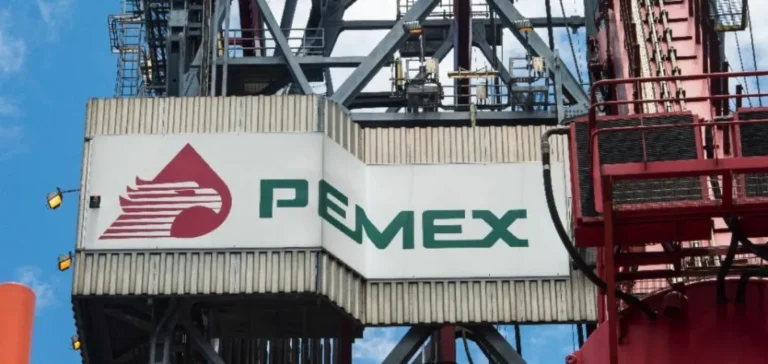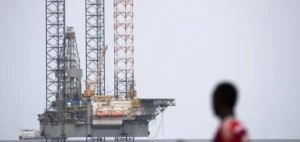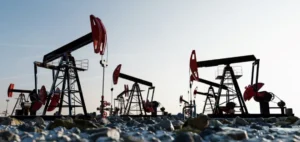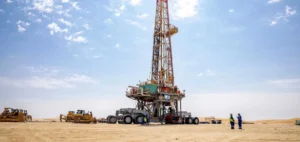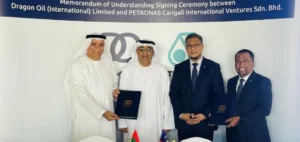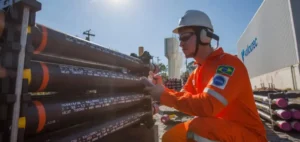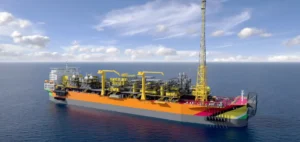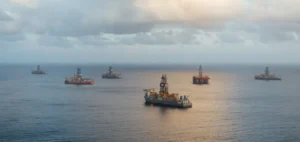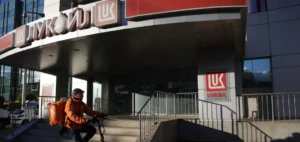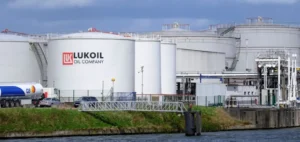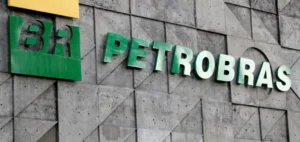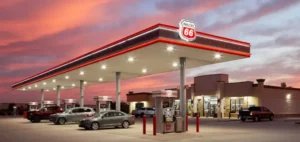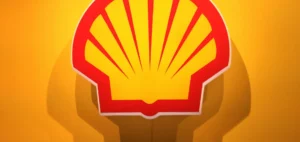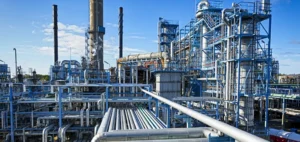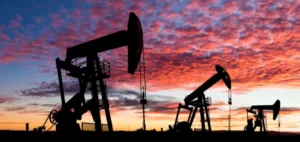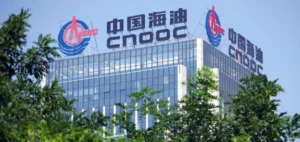The Mexican government has introduced a large-scale public investment strategy to strengthen the position of Petróleos Mexicanos (Pemex) in the oil sector. This plan is based on a production target of 1.8 million barrels per day, optimisation of refining capacity, and a targeted revival of the national petrochemical industry. The initiative aims to enable the company to eventually meet its financial obligations without state budget support.
Production increase and development of oil fields
The company is focusing its efforts on the offshore fields Zama, Trion, as well as several existing sites with strong potential. More than half of current output comes from several major projects, including Maloob, Zaap, Quesqui, Tupilco Profundo, Ixachi, and Balam. In addition, underexploited sites such as Arenque, Tlaltitoc, Agua Fría, Miquetla, and Macuil will be subject to mixed contracts allowing for increased private sector involvement. Twenty-one contracts are planned within this framework, while field visits and calls for tenders are already underway.
Refinery optimisation and petrochemical revitalisation
The focus is on improving refinery yields as well as rehabilitating ageing logistics infrastructure. Industrial units at Independencia, Cosoleacaque, Morelos, Cangrejera, and Escolín will be modernised to restart the production of ammonia, ethylene, aromatics, and urea. Completion of delayed coker units at Tula and Salina Cruz, as well as the development of natural gas networks in the southeast of the country, are also among the operational priorities.
Debt management and significant public support
A new financial vehicle will mobilise 250 billion pesos ($12.8 billion) to settle supplier liabilities and secure relations with industrial partners. Development bank Banobras will contribute half of the funding, supplemented by private and banking finance. This support is intended to ensure the operational stability of the company and the continuity of its investments.
Pemex currently faces total debt of around $100 billion, with an additional supplier liability of nearly $20 billion. The announced public investments target improved productivity, modernisation of facilities, and the settlement of accumulated contractual debts.


